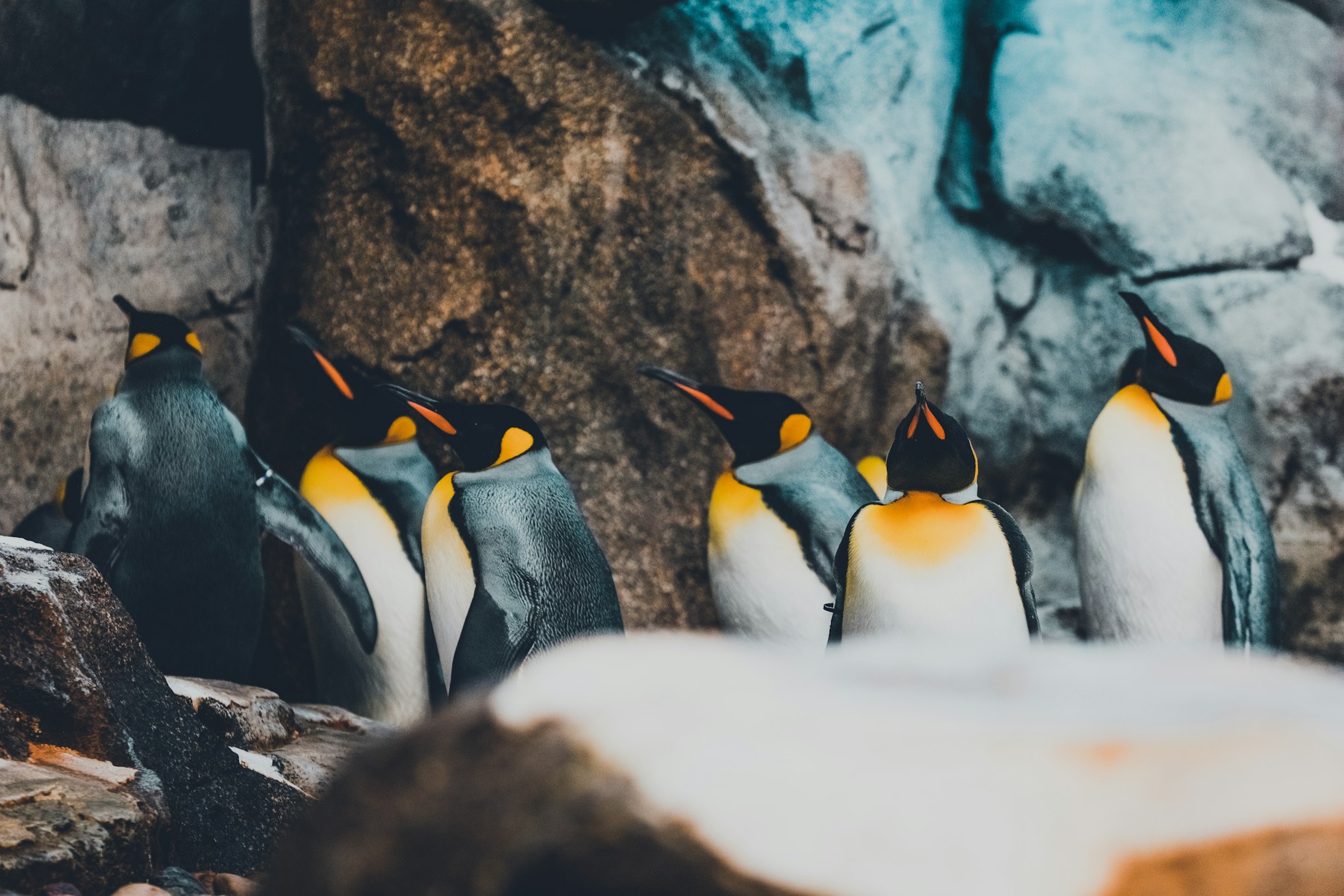The Facts
According to a study published in the journal Nature Communications Earth & Environment on Thursday, no emperor penguins survived in four out of five breeding colonies in the Bellingshausen Sea, west of the Antarctic Peninsula, in 2022.
Researchers used satellite imagery to suggest that with no ice left across several colonies in December — when emperor penguins hatch their eggs and raise their chicks — all but one experienced total breeding collapse.
The Spin
Narrative A
As the Antarctic continent's seasonal sea ice withers in an ever-warming world, it's a sign of things to come. Emperor penguins usually find alternative sites in response to unstable sea ice, but the accelerating impact of global warming in Antarctica threatens to outpace the capacity of these iconic animals to adapt. If we don't cut our carbon emissions, we will completely wipe out emperor penguins by 2100 in an evolving global crisis.
Narrative B
It's unfair to blame fossil fuels for warming the planet and the loss of catastrophic sea ice in the Antarctic when natural fluctuations in the Earth's climate cycle usually cause ice-related conditions to shift over time and influence sea ice. As it's common for a colony of emperor penguins to experience the occasional lousy breeding season, natural planetary factors must also be considered to understand the changes in the continent and their implications for the penguins.
